Resources
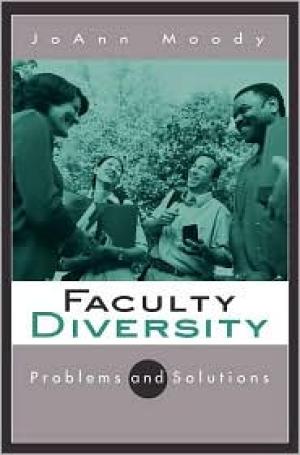
JoAnn Moody shows majority campuses, faculty, and administrators how to dismantle the high barriers that block women and especially minorities from entry and advancement in the professoriate. Good practices for improving recruitment, evaluation, mentorship, and retention are offered. (From the Publisher)
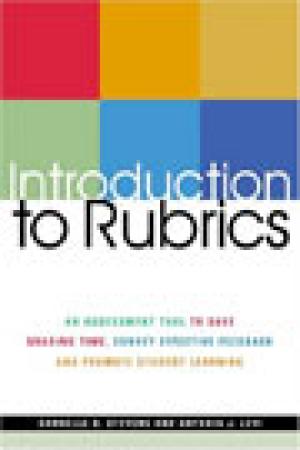
At its most basic a rubric is a scoring tool that divides an assignment into its component parts and objectives, and provides a detailed description of what constitutes acceptable and unacceptable levels of performance for each part. Rubrics can be used to grade any assignment or task: research papers, book reviews, participation in discussions, laboratory work, portfolios, oral presentations, group work, and more. This book defines what rubrics are, and how to construct and use them. It provides a complete introduction for anyone starting out to integrate rubrics in their teaching. (From the Publisher)
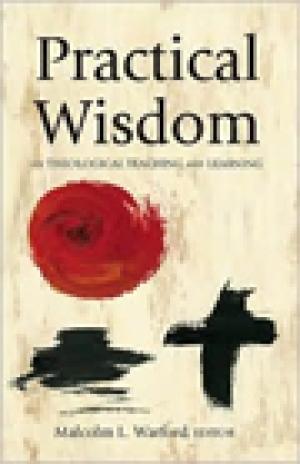
Contemporary theological education is facing profound changes. Fundamental shifts in both church and society have established a volatile context for theological teaching and learning. Seminaries are struggling with the growing diversity of their students, faculties, and institutional commitments. This book addresses these issues both contextually and historically, engages the nature of theological teaching and learning, and offers educational practices that strengthen the vocation of teaching and enhance the school as a place of conversation. (From the Publisher)
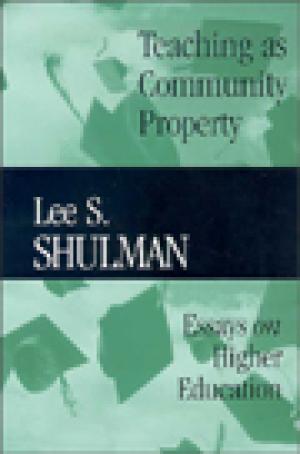
Lee Shulman has been president of the Carnegie Foundation for the Advancement of Teaching since 1997. He is a former president of the American Educational Research Association as well as past president of the National Academy of Education. In this second volume of a landmark two volume collection of Shulman's best work, he addresses such compelling questions as What are the most effective approaches to teaching? How important is knowledge of subject matter to a teacher's success? And, how do we measure success in teaching and learning? (From the Publisher)
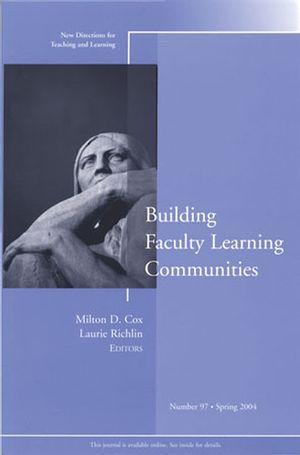
Changing our colleges and universities into learning institutions has become increasingly important at the same time it has become more difficult. Faculty learning communities have proven to be effective for addressing institutional challenges, from preparing the faculty of the future and reinvigorating senior faculty, to implementing new courses, curricula, and campus initiatives on diversity and technology. The results of faculty learning community programs parallel for faculty members the results of student learning communities for students, such as retention, deeper learning, respect for other cultures, and greater civic participation. The chapters in this issue of New Directions for Teaching and Learning describe from a practitioner's perspective the history, development, implementation, and results of faculty learning communities across a wide range of institutions and purposes. Institutions are invited to use this volume to initiate faculty learning communities on their campuses. This is the 97th issue of the quarterly journal New Directions for Teaching and Learning. (From the Publisher)
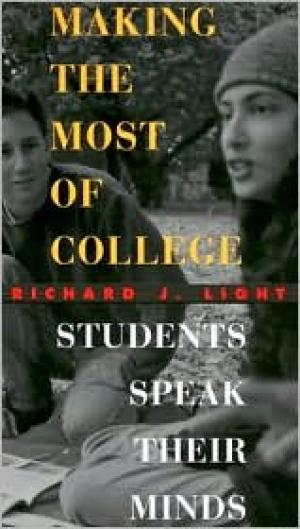
Why Do Some Students make the most of college, while others struggle and look back on years of missed deadlines and missed opportunities? What choices can students make, and what can teachers and university leaders do, to improve more students' experiences and help them achieve the most from their time and money? Most important, how is the increasing diversity on campus -- cultural, racial, and religious -- affecting education? What can students and faculty do to benefit from differences, and even learn from the inevitable moments of misunderstanding and awkwardness? From his ten years of interviews with Harvard seniors, Richard Light distills encouraging -- and surprisingly practical -- answers to fundamental questions. How can you choose classes wisely? What's the best way to study? Why do some professors inspire and others leave you cold? (From the Publisher)
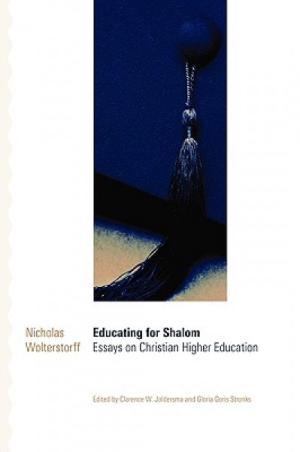
In addition to his notable work as a premier Christian philosopher, Nicholas Wolterstorff has become a leading voice on faith-based higher education. This volume gathers the best of Wolterstorff's essays from the past twenty-five years dealing collectively with the purpose of Christian higher education and the nature of academic learning. Integrated throughout by the biblical idea of shalom, these nineteen essays present a robust framework for thinking about education that combines a Reformed confessional perspective with a radical social conscience and an increasingly progressivist pedagogy. Wolterstorff develops his ideas in relation to an astonishing variety of thinkers ranging from Calvin, Kuyper, and Jellema to Augustine, Aquinas, and Kant to Weber, Habermas, and MacIntyre. In the process, he critiques various models of education, classic foundationalism, modernization theory, liberal arts, and academic freedom. (From the Publisher)
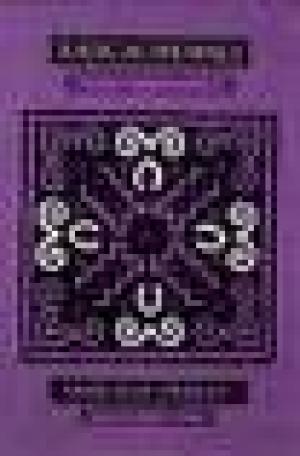
Radical Presence is a book about our lives as well as our work, suggesting that the "secrets" of good teaching are the same as the secrets of good living. (From the Publisher)
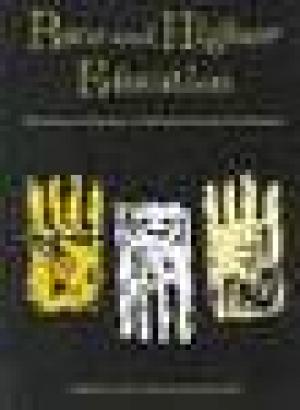
U.S. colleges and universities are witnessing increased diversity in their student bodies, yet many faculty members continue to use outdated modes of instruction, creating potentially harmful learning environments. This timely book addresses this problem, guiding educators toward a better understanding of how changes in the student population require new approaches to classroom learning. (From the Publisher)
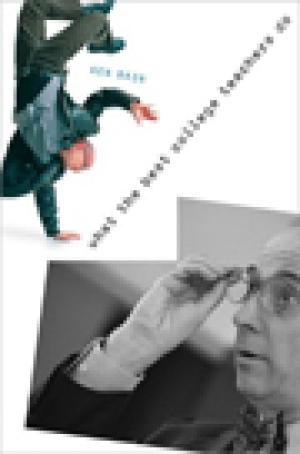
Winner of the Virginia and Warren Stone Prize awarded annually by Harvard University Press for an outstanding book on education and society. What makes a great teacher great? Who are the professors students remember long after graduation? This book, the conclusion of a fifteen-year study of nearly one hundred college teachers in a wide variety of fields and universities, offers valuable answers for all educators. The short answer is -- it's not what teachers do, it's what they understand. Lesson plans and lecture notes matter less than the special way teachers comprehend the subject and value human learning. Whether historians or physicists, in El Paso or St. Paul, the best teachers know their subjects inside and out -- but they also know how to engage and challenge students and to provoke impassioned responses. Most of all, they believe two things fervently: that teaching matters and that students can learn. In stories both humorous and touching, Ken Bain describes examples of ingenuity and compassion, of students' discoveries of new ideas and the depth of their own potential. What the Best College Teachers Do is a treasure trove of insight and inspiration for first-year teachers and seasoned educators alike. (From the Publisher)